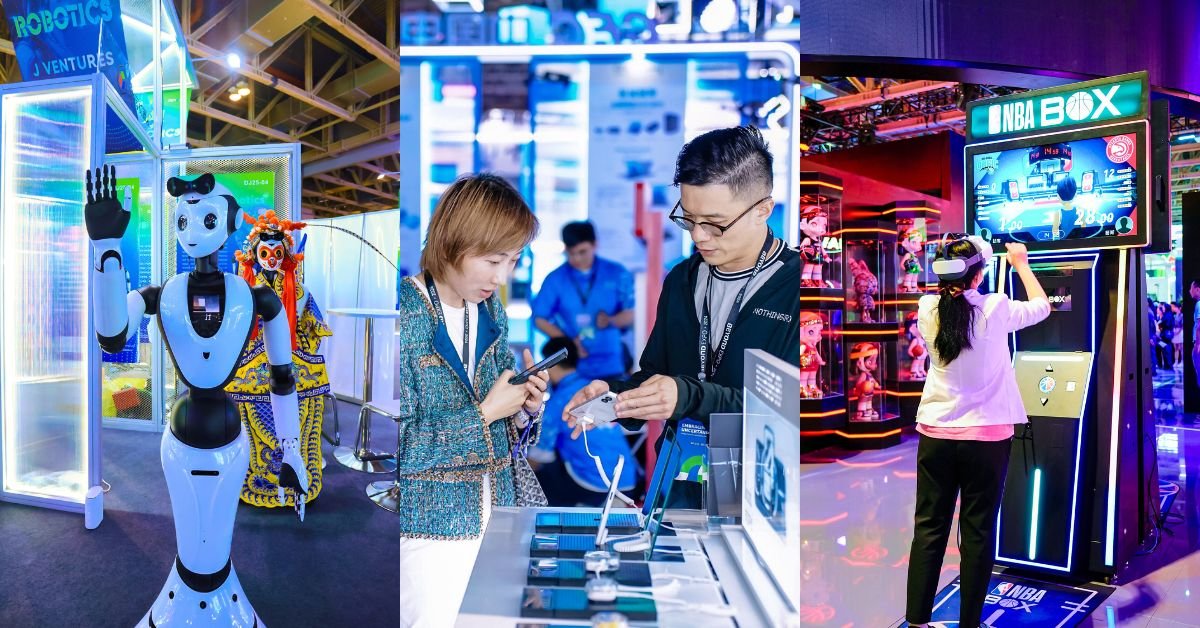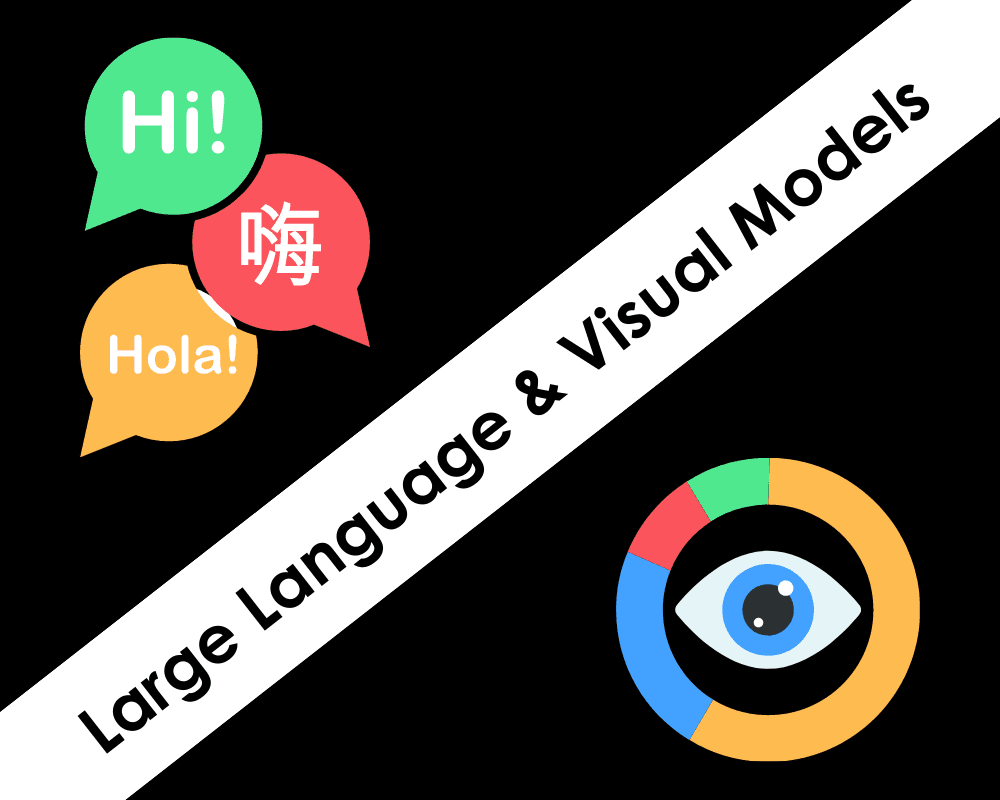The Beyond Expo 2025, held in the vibrant city of Macao, brought together the world’s leading tech visionaries, entrepreneurs, and policymakers to discuss the future of artificial intelligence (AI) and its role in shaping global ambitions. As one of Asia’s most influential tech summits, this year’s event focused on the rapid advancements in AI, ethical concerns, and the geopolitical implications of technological dominance.
With debates featuring industry giants like Elon Musk (Tesla, xAI), Jensen Huang (NVIDIA), Sam Altman (OpenAI), and representatives from Alibaba and Tencent, the discussions highlighted both the transformative potential and the risks associated with AI. Here’s a deep dive into the key themes from the event.
1. The AI Arms Race: Who Will Lead the Next Decade?
One of the most heated discussions revolved around the global AI race, with the U.S. and China at the forefront. Jensen Huang, CEO of NVIDIA, emphasized that AI development is no longer just about innovation but also about geopolitical influence.
-
Huang argued that democratizing AI tools is essential to prevent monopolies, but acknowledged that chip shortages and export controls are slowing global progress.
-
Chinese tech leaders from Alibaba and Tencent countered, stating that China’s self-sufficiency in AI development is accelerating, despite U.S. sanctions.
Elon Musk, known for his ventures in AI through xAI and Tesla’s autonomous driving, warned that unregulated AI competition could lead to dangerous outcomes, calling for international cooperation on AI safety standards.
2. Ethical AI: Balancing Innovation and Regulation
Another major topic was AI ethics, particularly concerning deepfakes, job displacement, and bias in algorithms.
-
Sam Altman (OpenAI) stressed the need for transparency in AI training data and advocated for global regulatory frameworks similar to nuclear non-proliferation treaties.
-
European Union representatives highlighted the AI Act, set to enforce strict compliance on AI deployments in healthcare and law enforcement.
-
Critics from emerging markets, however, argued that overregulation could stifle innovation, leaving smaller economies behind in the AI revolution.
3. AI in Business: Disruption and Opportunity
Beyond geopolitical and ethical debates, the expo also explored AI’s impact on industries:
-
Healthcare: AI-driven diagnostics and personalized medicine are revolutionizing patient care.
-
Finance: Algorithmic trading and fraud detection systems are becoming indispensable.
-
Manufacturing: Smart factories powered by AI are optimizing supply chains.
Jack Ma (Alibaba Group), in a rare public appearance, predicted that SMEs (small and medium enterprises) will benefit the most from AI if given access to affordable cloud computing and machine learning tools.
4. The Future of Work: Will AI Replace Humans?
A recurring concern was job displacement due to automation. While some experts believe AI will create more jobs than it eliminates, others warned of massive workforce disruptions.
-
LinkedIn’s CEO Ryan Roslansky suggested that upskilling workers in AI-related fields is crucial.
-
Labor union representatives demanded government-led retraining programs to prepare workers for an AI-driven economy.
5. Macao’s Role as a Global Tech Hub
As the host city, Macao showcased its ambitions to become a bridge between Eastern and Western tech ecosystems. With its special administrative status, tax incentives, and growing startup scene, Macao is positioning itself as a neutral ground for global tech collaboration.
Conclusion: Collaboration or Competition?
The Beyond Expo 2025 made it clear that AI is the defining technology of our era, with the power to reshape economies, societies, and global power structures. While competition between the U.S. and China intensifies, the consensus among tech leaders was that some level of cooperation is necessary to prevent catastrophic risks.
As Elon Musk aptly summarized: “AI is like fire—it can cook your food or burn your house down. The choice is ours.”
The discussions at Beyond Expo 2025 set the stage for the next decade of AI innovation, leaving policymakers and businesses with a critical question: Will the world unite to harness AI’s potential, or will fragmentation lead to a fractured technological future?



